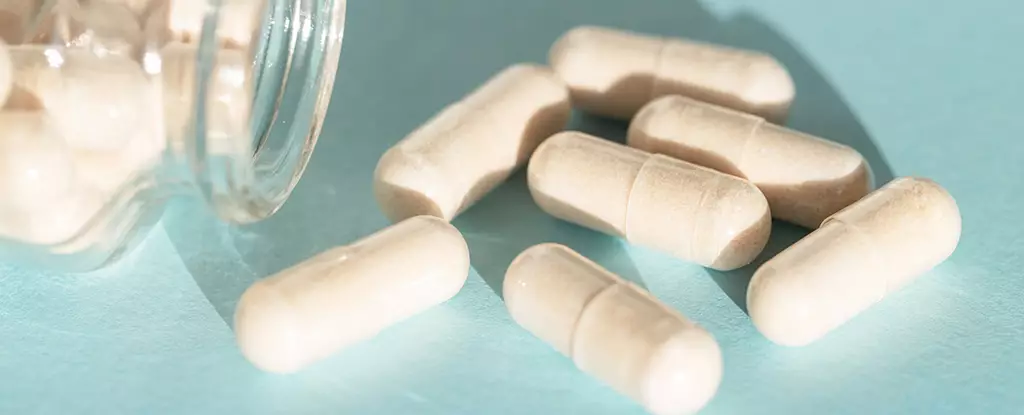A recent panel of US health experts convened by the Food and Drug Administration has made a decision that may come as a disappointment to many. In their vote, the panel decided against the use of MDMA, commonly known as ecstasy, to treat post-traumatic stress disorder. This decision comes as a blow to those who were hopeful that MDMA could be a breakthrough treatment for the debilitating mental health condition that affects an estimated five percent of Americans in any given year.
The current pharmaceutical treatment options for PTSD are limited to two antidepressants that require three months of dosing to take full effect. Additionally, response rates to these medications have been uneven, leaving many patients searching for alternative treatments. This is where the hope for MDMA as a treatment for PTSD arose.
Research Studies and Findings
California-based Lykos Therapeutics based its request for regulatory approval of MDMA as a treatment for PTSD on two clinical studies. These studies, published in the prestigious journal Nature Medicine, indicated that MDMA was both safe and highly effective at treating PTSD when used in conjunction with other psychological interventions such as talk therapy. However, despite these positive findings, the panel of experts expressed concerns about the effectiveness and safety of the treatment.
While some experts on the panel acknowledged the potential of MDMA as a treatment for PTSD, the majority felt that the available data was insufficient to support its effectiveness. In addition, many experts cited concerns about the risks associated with using MDMA as a treatment for a mental health condition. These concerns ultimately led to the panel voting against the use of MDMA for PTSD treatment.
Criticism from FDA Staff
In a briefing document prepared ahead of the meeting, FDA staff raised several concerns about the studies conducted by Lykos Therapeutics. One major concern was the lack of sufficient side effect data, including potential effects on heart and liver health. Additionally, FDA staff criticized the studies for possible bias introduced by “functional unblinding,” where participants were able to accurately guess whether they received the treatment or the placebo.
In a draft report by the nonprofit Institute for Clinical and Economic Review, troubling allegations of research impropriety linked to the trials surfaced. Claims were made that the trials may have selectively excluded patients with negative outcomes, raising questions about the integrity of the studies. These allegations have led to further scrutiny of the research conducted by Lykos Therapeutics.
Despite the panel’s decision, Lykos Therapeutics is hopeful for a final decision from the FDA on authorization by mid-August. If the FDA were to authorize the use of MDMA for PTSD treatment, there could be strict stipulations attached to ensure the safe and monitored administration of the drug. The controversy surrounding MDMA as a treatment for PTSD highlights the complexities and challenges of developing new and innovative treatments for mental health conditions.


Leave a Reply